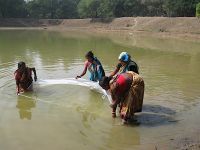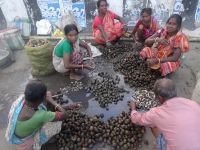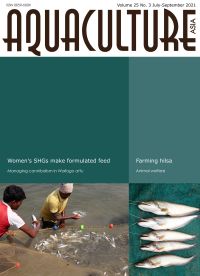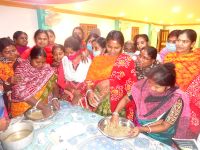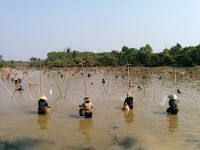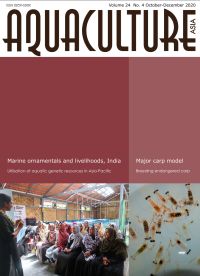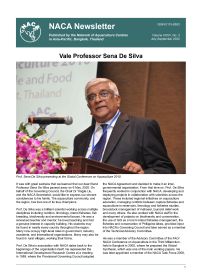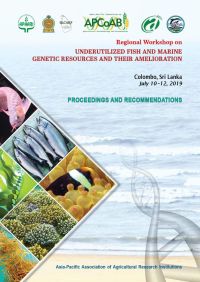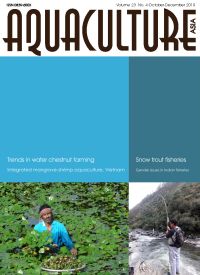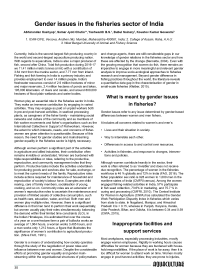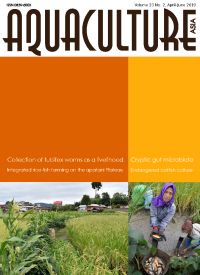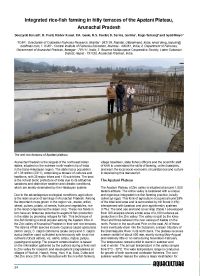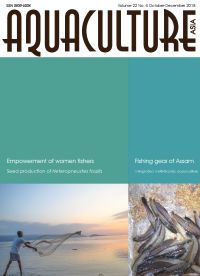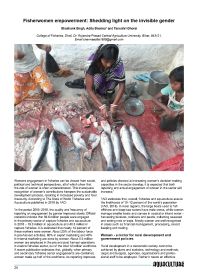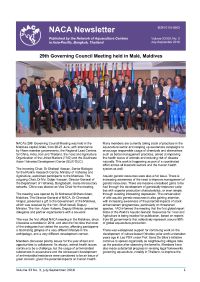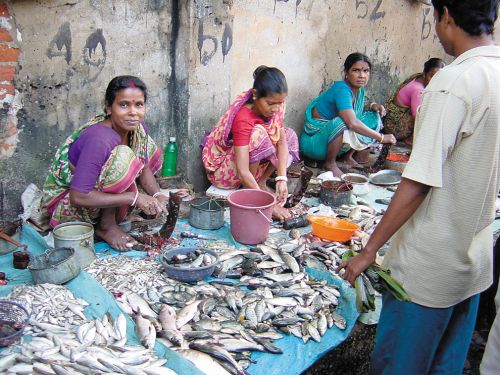
The Gender Programme was established to ensure that NACA implements the action plans on gender mainstreaming within its activities. With a continued interest in embracing gender integration among relevant agencies, NACA aims to build up capacity of members in gender mainstreaming in all its undertakings, and motivate support and action globally.
Insufficient capacity for gender research and application among stakeholders is a hindrance to effectively implement programs integrating the gender dimensions in development. Adding a gender dimension in aquaculture value chains will give assurance to consumers that seafood has been produced sustainably.
Key activities
Key activities of the programme are:
- Women, Youth and Aquaculture Development Programme.
- Organising and supporting symposia on Gender in Aquaculture and Fisheries.
- Capacity building on gender integration and mainstreaming.
- Curriculum development on gender in aquaculture and fisheries education.
- In-country gender assessment reports for policy, action and research.
- Publication of case studies and success stories on gender in aquaculture value chains.
- Coordinating the Regional Gender Practitioners’ Network and mentoring programmes.
- Campaigns and policy advocacy for gender integration in aquaculture.
Creative Commons Attribution.

